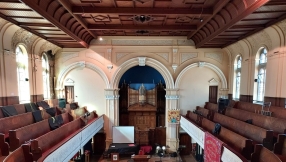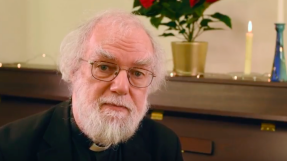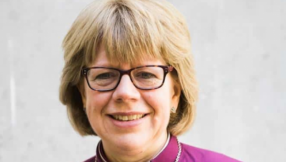CofE Review Recommends Talent Pipeline for Future Senior Appointments
The report also calls for greater diversity among such office-holders, welcoming the work to ensure that women are not discriminated against and calling for greater effort to ensure that the holders of senior appointments broadly reflect the diversity of the clergy from which they are drawn.
Talent and Calling, published today, is the report of a review group appointed in response to a General Synod motion which called for a review of the law and practice regarding appointments to the offices of suffragan bishop, dean, archdeacon and residentiary canon. (The method of diocesan bishops had been reviewed previously and therefore did not form part of the group's remit.) The group was chaired by Sir Joseph Pilling.
The report, which will be debated by the General Synod in July, recommends a set of improved models for appointments made by bishops. These proposals both reflect current best practice in the Church and in wider society and also allow for an appropriate degree of flexibility.
The group concluded that the Church should not propose ending the active role of the Crown in making certain cathedral appointments. The report sets out for the first time in detail how these appointments are currently made. It also recommends significant improvements to that process.
The group recommends the ending of the Crown's right to make appointments in two circumstances - when the diocesan bishopric is vacant and when the previous post-holder has become a diocesan bishop.
The report calls for the development of a 'talent pipeline' whereby those with potential for senior office in the Church can be identified and developed. It also calls for a greater diversity among senior office-holders, welcoming the work to ensure that women are not discriminated against in the appointment of deans, archdeacons and residentiary canons, while calling also for a greater effort to ensure that the holders of senior appointments broadly reflect the diversity of the clergy from which they are drawn.
The report records the group's view that it would be more appropriate for the right to appoint the Deans of Bradford and Sheffield Cathedrals (currently vested in independent trustees) to be shared formally with the bishops of those dioceses.













